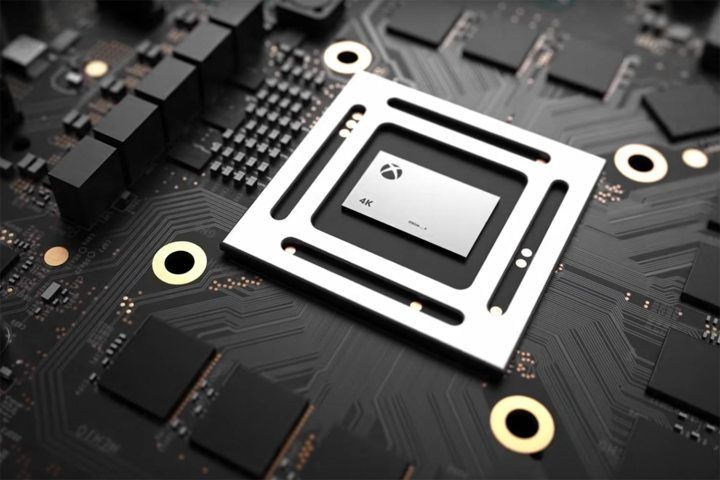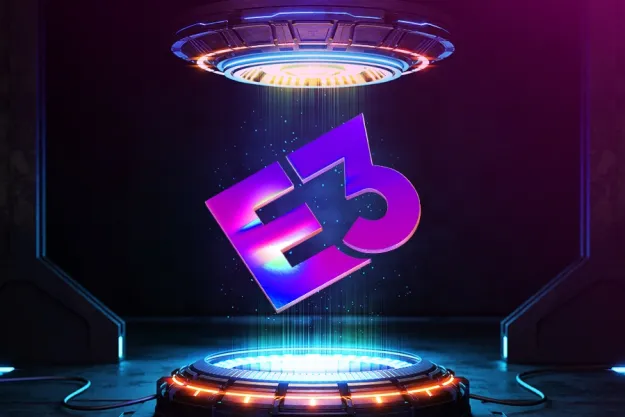
Speaking to Polygon, Microsoft technical fellow Alex Kipman revealed that the company’s VR-focused efforts have thus far been limited to the PC due to its “open ecosystem” and the number of users, and Microsoft wants the technology to be ready before introducing it into the living room. He avoided using the term “virtual reality,” however, as Microsoft has also been working on the HoloLens augmented reality headset.
“Windows has been the birthplace of a variety of technologies, and we believe that this will hold for mixed reality, too,” Kipman said. “Given the efforts we have underway on Windows for mixed reality, and our belief that console VR should be wireless, right now we are focused on developing mixed reality experiences on the PC, not on the console.”
Should an Xbox One or Project Scorpio-supported VR headset be wireless, it would be a huge improvement over PlayStation VR. Sony’s headset is pretty cumbersome to set up, with multiple HDMI cables and a long wire extending from the unit’s breakout box to the headset itself.
Microsoft’s biggest challenge when the device does eventually release will be, as always, its software support. The company has struggled to release high-quality first-party games for the Xbox One over the last several years, while Sony continues to consistently produce acclaimed games and has developed a much stronger relationship with third-party developers.
Microsoft will host its E3 press conference on Sunday, June 11, at 5 p.m. ET. The show is expected to largely focus on Project Scorpio, which will be given an official name.
Editors' Recommendations
- For Microsoft, indies aren’t Game Pass extras. They’re the future of Xbox
- Here’s what E3 2023 could look like without Sony, Nintendo, and Microsoft
- Microsoft won’t increase the Xbox’s price in wake of PS5 price hike
- Xbox and Bethesda detail (non-E3) summer showcase
- Turns out Microsoft’s HoloLens 3 might not be dead after all


